|
"Save what you can of your life. Don't lose it all just because you've lost a part." --- Films have the power to touch us deeply, but not just with their words. In my opinion, movies should have more than just compelling content. They should also look great. They should compel us visually in a way that enhances the material, deepens the experience. The above line means something more when paired with that image. We expect musicians to play or sing well in addition to having good ideas, and painters, beyond choosing compelling subjects to begin with, to paint those subjects in interesting ways. I'd say the same goes for films. You want an artistically stimulating whole. All the films below are stimulating wholes. As a photographer, I obsess particularly over visuals and how they can communicate beyond the written word. Everything on this list either looks incredible (American Honey, Tale of Tales), does subtle but complicated things with blocking and staging (The Salesman, Manchester by the Sea) or achieves strange but extreme cinematographic sophistication (Jackie, Moonlight). Friends listen to me with varying degrees of patience after we get out of a film while I rhapsodically praise and analyze a film's photography, reaching uncontrollable new levels of ecstatic art-appreciation pleasure. The density of the film medium, like the mental overload of bus driving, is one of the nervy places I like to live. Here are fifteen films from the past year which moved me, presented in reverse order. Each has something to say about human nature and how we treat each other that I find valuable. You know that films often have multiple trailers advertising them; the trailers I've chosen to link here are the ones I feel most accurately convey the true nature of the films, or what I liked about them. Without further ado (the ado mainly being in this previous post setting it all up): Image courtesy Focus Features 15. Loving "I know we have some enemies. But we have some friends, too." Directed by Jeff Nichols. With Joel Edgerton and Ruth Negga. Synopsis: An intimate portrait of the first legally married interracial couple in the US. Theatrical trailer. It's a quiet picture, but a deeply involving one. Ordinary people caught up in extraordinary circumstances, negotiating it all with dignity and human grace. The picture maximizes its use of silence (with a killer opening shot and line which has us in suspense from frame one), and manages to feel very much of its time and more specifically, place, in sensibility– no postmodern irony or hipness here. Ruth Negga's performance is revelatory. Director Nichols has the sheer nerve to take it slow, leisurely, pacing the proceedings to the key of life these two folks lived, way out there in the hinterlands. Image courtesy The Weinstein Comapany. 14. Lion "She carried rocks." Directed by Garth Davis. With Dev Patel, Rooney Mara, Nicole Kidman, David Wenham. Synopsis: The true story of an adopted Indian boy searching for his biological mother. Theatrical trailer. I didn't need the moment on digital video at the very, very end, after the film proper is over. That was not necessary for me. It diluted the impact of the scene I'd seen five minutes prior, featuring almost exactly the same material, and which I found profoundly moving. Aside from that, however– wow. Director Davis' willingness to let the first act (where the boy Saroo is lost in Calcutta) be as long as it is, rather than merely a prologue, is a masterstroke. This is no "Hollywood grittiness," but rather the dank and festering nightmare of really being there, lost, in a huge metropolis of strangers who don't speak your language, with no safe direction to take. Rooney Mara makes the most of an underwritten role, giving it real heft. Note Davis' use of backlighting, and narrow depth of field on closeups. Powerful, tactile use of the camera, and deserving of its unexpected directing and cinematography guild nominations. Loss is what we're continually confronted with, more and more, as we grow; I'm particularly fascinated with films that confront it, as we must. Image courtesy Fox Searchlight. 13. A Bigger Splash "She's the woman of the century, and I'm talking about her soul now." Directed by Luca Guadagnino. With Tilda Swinton, Ralph Fiennes, Matthias Schoenaerts, Dakota Johnson. Synopsis: A rock star and filmmaker on vacation are unexpectedly interrupted by a former lover and his daughter. Theatrical trailer. Back when this film came out, director Luca Guadagnino was talking about how there's no longer any excuse for films to look bad photographically, and I agree. To quote Roger Ebert's review of the abysmal Punisher II: War Zone: "bad movies used to look bad. Now they look great." There was never an excuse for flat lighting or over-relying on medium closeups (a la television), but more than ever there's no excuse for murky, bland, uninspired cinematography. Not everything needs to be underlit mumblecore. Technology has improved to the point where a budget isn't necessary to create ravishing visuals, and Guadagnino in particular was referring to independent films. He lives up to his words here, with a colorful, buoyant, carefree, aesthetically resplendent piece about relationships from all sides– their beginnings and ends, and the necessary challenge of transforming some of them into friendships. Exciting, thought-provoking, nervy filmmaking, wrought with primary colors and emblazoned with music of all genres. Image courtesy Lionsgate. 12. La La Land "I'm letting life hit me until it gets tired. Then I'll hit back. It's a classic rope-a-dope." Directed by Damien Chazelle. With Emma Stone and Ryan Gosling. Winner Best Director (Oscars), et al. Synopsis: a romance about the conflict between sustaining a relationship and following one's dreams. Theatrical Teaser. Watch the teaser linked above. Just do it. Remind yourself of everything about this magical film that is truly great and affecting, which you may have lost sight of during the awards campaign, where its status as frontrunner unfairly clouded our view of its excellence. The film will ultimately gain more from losing Best Picture than it would have from winning, in that it prevents the film from being considered overrated. Moonlight deserves the spotlight in being superior and more timely, but this one's no slouch. You can have more than one masterpiece wandering around at the same time. We can all share in the glory here. The film is meaningful to me for its unusual corollary to events in my personal life, its taking place in my hometown of L.A., its unabashed enthusiasm for life, its prodigious filmmaking technique, and its brazen willingness to appreciate important connections in our life even if they're finite. It's all finite. We have to face that in order to be happy. More of my thoughts on the film, Los Angeles, and why they resonate for me personally here. Image courtesy Amazon Studios.
11. The Salesman "You're taking revenge." Directed by Asghar Farhadi. With Taraneh Alidoosti, Shahab Hosseini. Winner, Best Foreign Film (Oscars), Best Actor (Cannes), Best Screenplay (Cannes). Synopsis: A man performing the Willy Loman role in Death of a Salesman is faced with a real-life situation which also requires his empathy. Theatrical trailer. Asghar Farhadi does it again. These guys. If we remember the fact that Terrence Malick is half-Persian, it's no stretch to say the best films in the world are coming from that culture and part of the world right now. As for Farhadi, his unique approach, best described as a seemingly impossible blend of family dynamics grafted onto a thriller structure, resulting in what I call "edge-of-your-seat domestic drama," is found nowhere else. This one involves a woman who suffers an incident (never specified) at the hands of stranger, and the fallout afterwards– differing ideas on who to blame and why, the value and purpose of vengeful behavior, and the drawbacks and benefits to exercising justice in the sense of identifying wrongdoers and punishing them– versus finding ways to move on together and get along. Farhadi once said that stories used to be about the conflict between good and evil; now, they're about the conflict between the good and the good. We see all sides here. In details and specifics from the other side of the world, Farhadi finds the universals. In perhaps no other filmmaker's work am I more potently reminded that only the faintest slivers of language and culture separate us. The concerns here are our own concerns, and you'll be chewing over the thematics and their ramifications for days afterwards. For one of the all-time Q&A's (where did they find an audience who asks such intelligent questions?!), click here for an hour with Farhadi at UCLA, following a Salesman screening. His easygoing wisdom is something else. Note also Farhadi's subtle dexterity in blocking, as evidenced by this short video analysis of the same in his About Elly (2009). My thoughts on that film and the interesting history of how it came to be released in the US six years after it was made here. --- Click here for Films 6-10!
0 Comments
Leave a Reply. |
Nathan
Archives
July 2024
Categories |
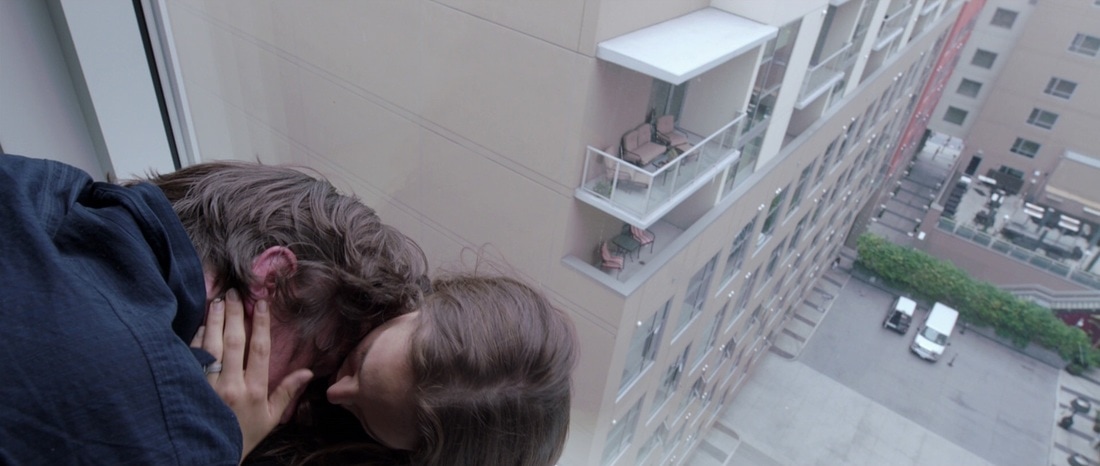
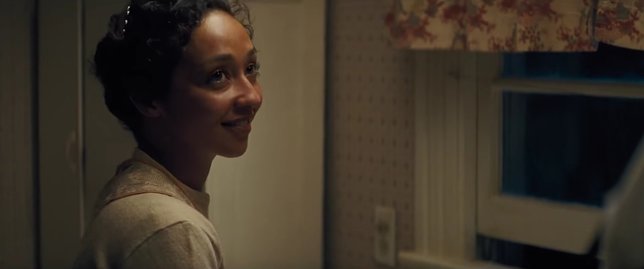
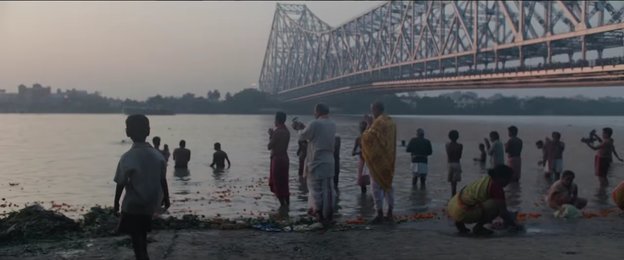
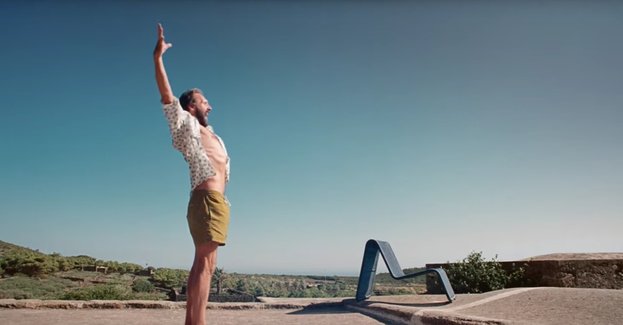
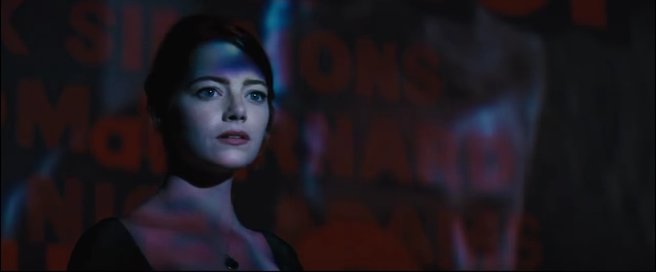
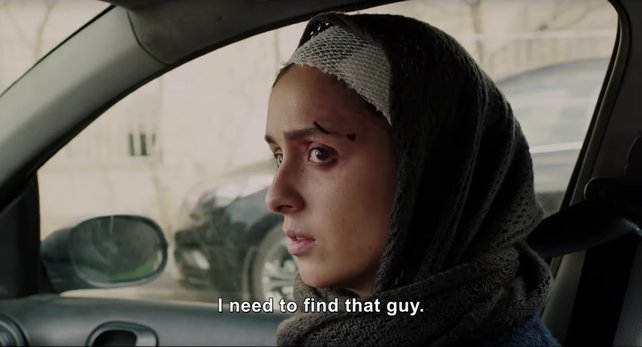
 RSS Feed
RSS Feed
